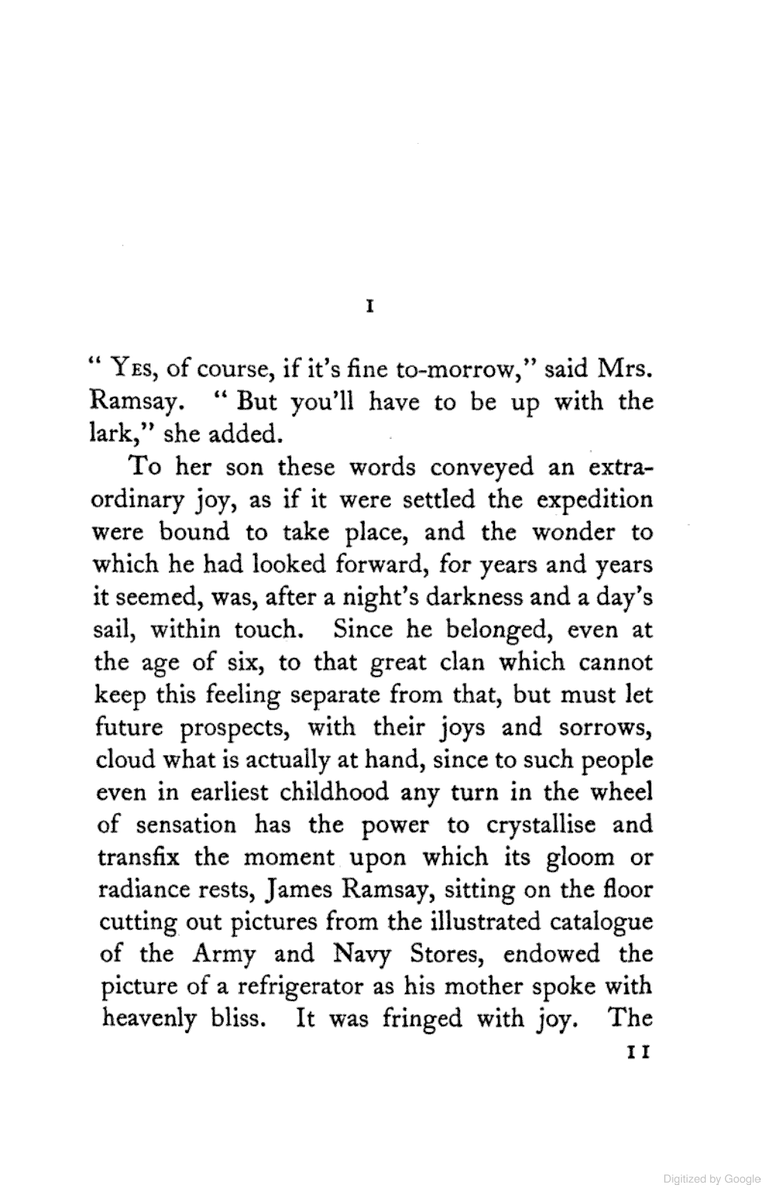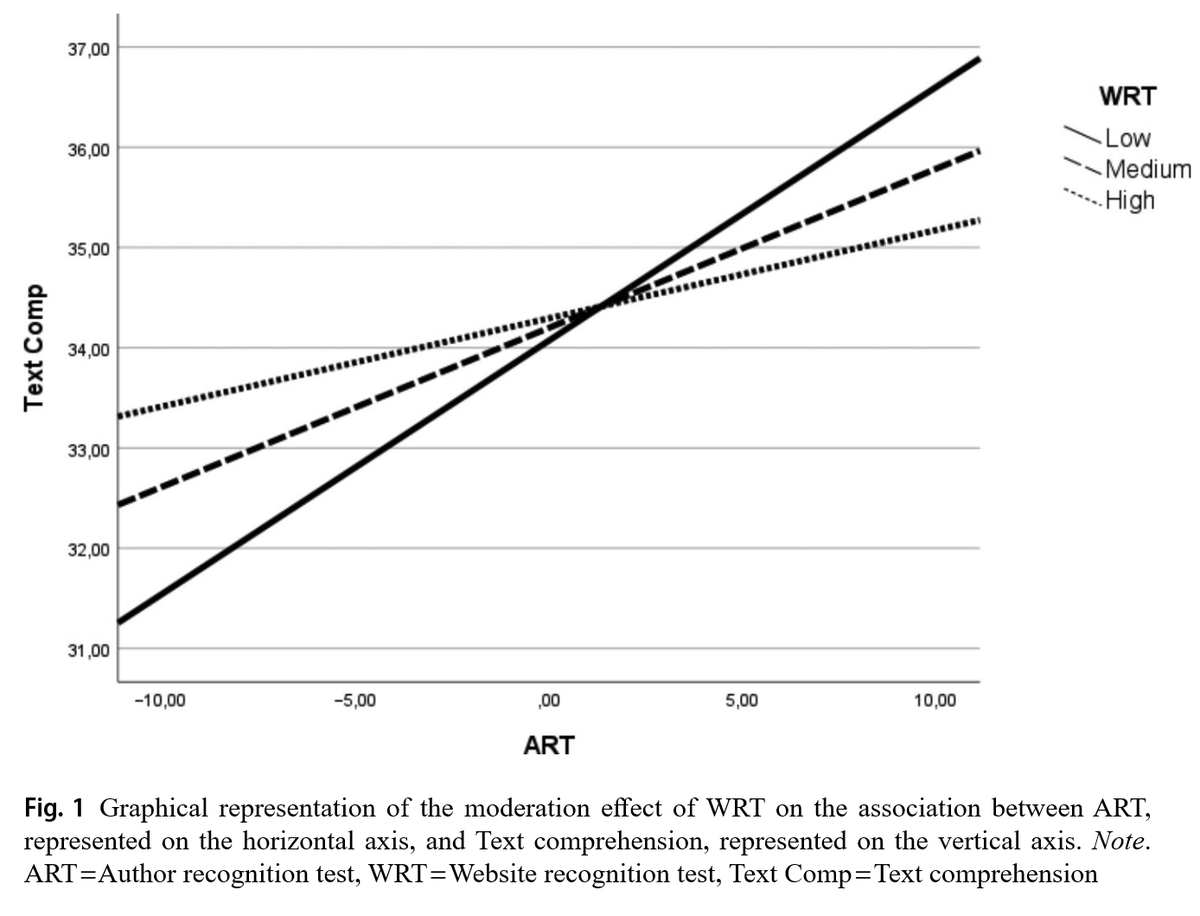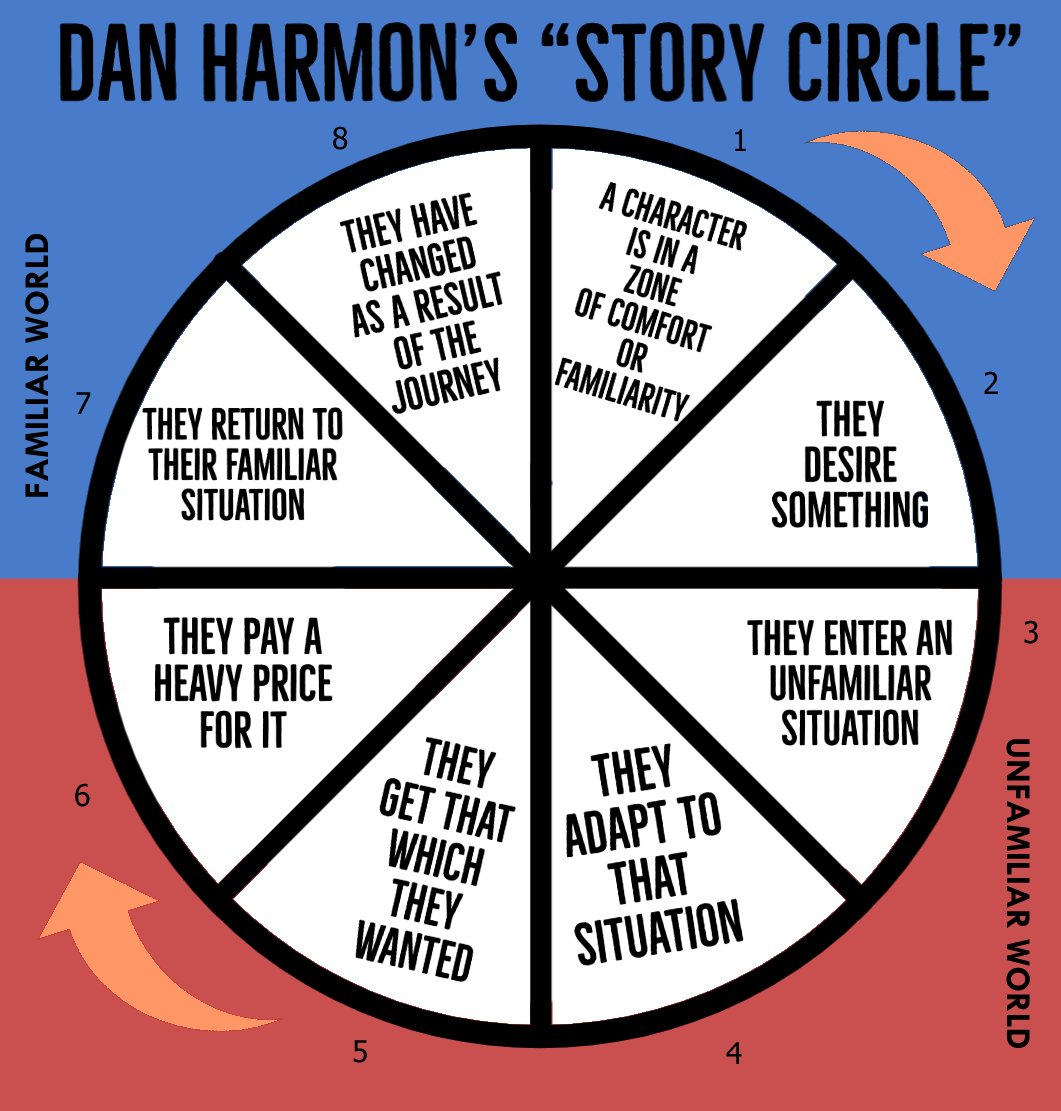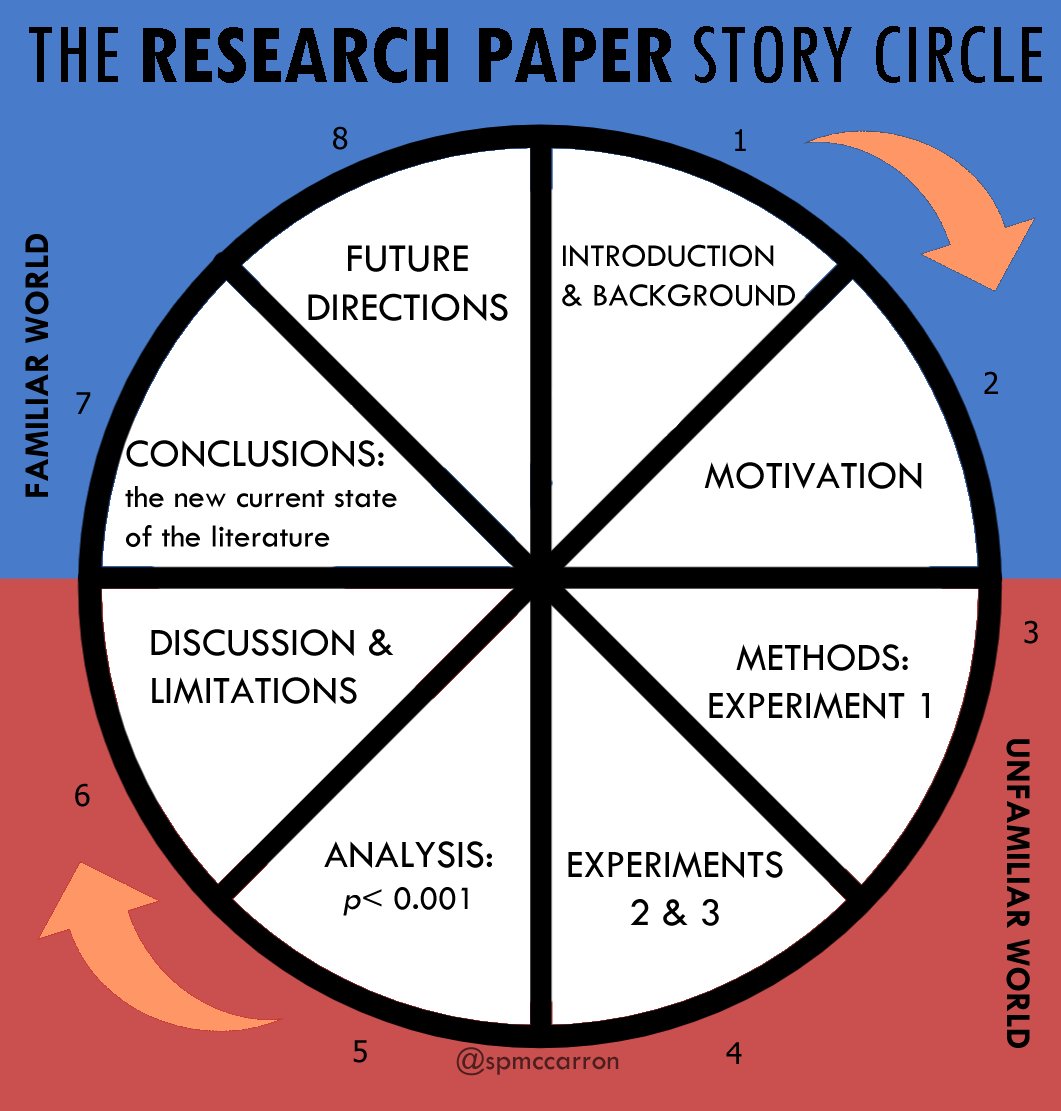
Sean McCarron
@SPMcCarron
Oxford PhD student. Reading and literacy, corpus linguistics, L2 proficiency.
New preprint with @ReadOxford and @vmurphyox! We tested a semantic fluency task for author names (an "Author Fluency Task" or AFT) and found it out-performed an Author Recognition Test (ART) as predictor of L2 formulaic language. doi.org/10.31219/osf.i…
We have only one surviving recording of Virginia Woolf's voice, a total of nearly eight minutes from a BBC radio broadcast in 1937. I trained a generative voice model on this recording and asked it to read the first page of her novel "To the Lighthouse". youtu.be/0ztVGctE3t8

🚨 #NewPaper We asked 140+ English learners to fill out a reading habits log each week over 26 weeks of English instruction. We found that they became more efficient readers and that those who read more than their peers made greater gains in reading speed frontiersin.org/articles/10.33…
Higher exposure to social media diminishes the positive effects of exposure to print on reading comprehension. Interesting article from Helge I. Strømsø. doi.org/10.1007/s11145…


Imagine being this child with #DLD Imagine being the parent of this child with #DLD Imagine teaching thisbchild with #DLD And ask yourself, don't we all need to do more to understand & support this common but misunderstood condition #DLDAwarenessDay
This #DLDAwarenessDay, we're pleased to premiere Darcie's Story. Watch now: speechandlanguage.org.uk/dld ▶ Please help raise awareness by sharing using the hashtag #2in30 #2in30 #DevelopmentalLanguageDisorder #DevLangDis #DLD
Friends and colleagues at #MentalLexicon2022, please stop by to say hello to @matthewmakpsy and hear about his great work on preferential attachment in word learning!
Matthew Mak’s work using paired-associate learning and serial recall supports the principle of preferential attachment for adult word learning #MentalLexicon2022
The structure of a research paper is just the Dan Harmon story circle but for even bigger nerds, prove me wrong Internet!


As promised, a🧵on language and thought. The relationship between language and thought has long been pondered and debated. It may be one of the deepest and most exciting questions in cognitive science. 1/n
recommendmeabook.com Read the first few pages of a book without being biased by the author, title, or cover. If you like the extract, you can reveal which book it is!
harvesting words, france, 15th century
My poster for #HSP2022 is now up! This project is a big one that I'm excited about. Psycholinguists, how would you like to have every lexical feature in psycholinguistics measured for every English word? I use Bayesian deep learning to make this real. oxford-abstracts.s3.amazonaws.com/d348e4f0-66ab-…
Our new paper on syntactic complexity in children's 'book language', led by @yalinghsiao with @NickyJDawson @nb1010 @OxExpPsy @OxfordChildrens Funded by @BritishAcademy_ @NuffieldFound
My first first-author paper presents 3,000 norms for context availability and sentence availability, and their association with lexical processing 📚 @ReadOxford @yalinghsiao @JCgntn journalofcognition.org/article/10.533…
Happy to report that this joke from The Hobbit about how golf was invented still absolutely kills with 7- and 8-year-olds, nearly 100 years later.

Personally, I like this Wordle game trend because it finally answers the age-old question, "What if Scrabble was also Battleship?"